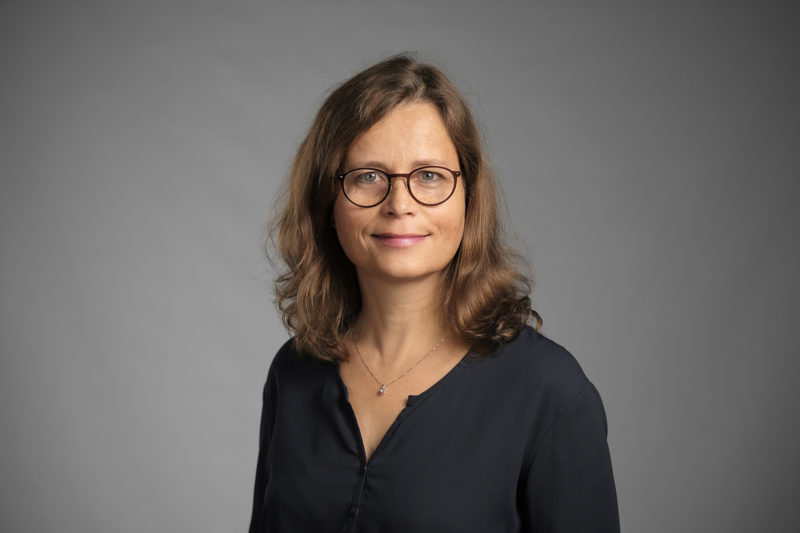

Ulrike Ohl
I am very interested in how people can be motivated to act sustainably through good educational concepts. This question can only be answered with approaches from the Environmental Humanities.
In my scientific work as head of the Chair of Geography Education at the University of Augsburg, a theory-practice transfer is particularly important to me. Certainly, this idea is grounded in my career as a high school teacher before I returned to university. To address practice-relevant issues and provide insights that can be fruitfully applied in practice, I enjoy working with the approaches of intervention and design-based research in areas like education for sustainable development, climate change education, and professionalization of future geography teachers.
In my research, I explore how the complex issues of global change can become the subject of motivating learning processes in schools – since young people are and shape our future.
Personal research interests
Education for Sustainable Development and Climate Change Education
One of our most exciting current projects, “Inquiry-Based Learning” (IBL), allows pupils to personally reflect on climate change, often perceived as a rather abstract phenomenon. Pupils work on individually generated research questions using anthropogeographic and physiogeographic research methods. In this way, they are led to a deeper understanding of the regional impacts of climate change, which can foster their readiness for sustainable action. Using the design-based research approach, we have developed a teaching concept with didactic materials for all phases of the one-and-a-half-year project. Through our research, we were able to identify significant design principles that facilitate learning. So far, about 700 students have already participated. In addition, we have developed training for teachers. In this and other current projects, we work in the spirit of education for sustainable development and transformative learning.
Professionalization of Future Geography Teachers
Teaching Geography is challenging. Evidently, teaching and learning processes are closely connected to a variety of different and interlinked components, which teachers need to know or understand (e.g., level of knowledge of learners; complexity of geographic topics such as climate change, urbanization, migration, environmental degradation; beneficial or detrimental social and behavioral cues). Therefore, it is important that future geography teachers have a professional vision of teaching and can analyze how to support their students. We are exploring how future teachers can build these competencies. For this purpose, we work, for example, with videography and special frameworks that can support the analysis of teaching and learning processes more profoundly.
Contact: ulrike.ohl@geo.uni-augsburg.de
